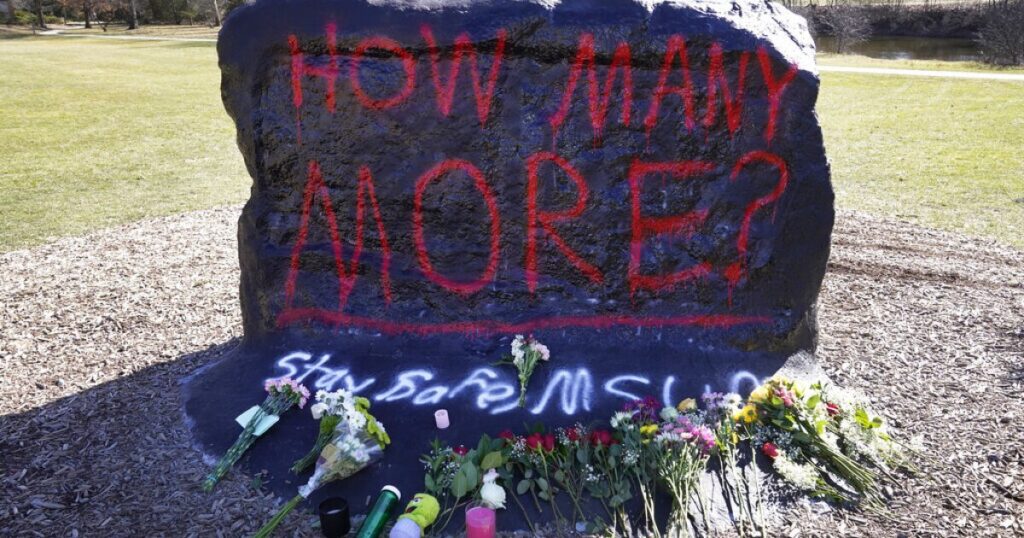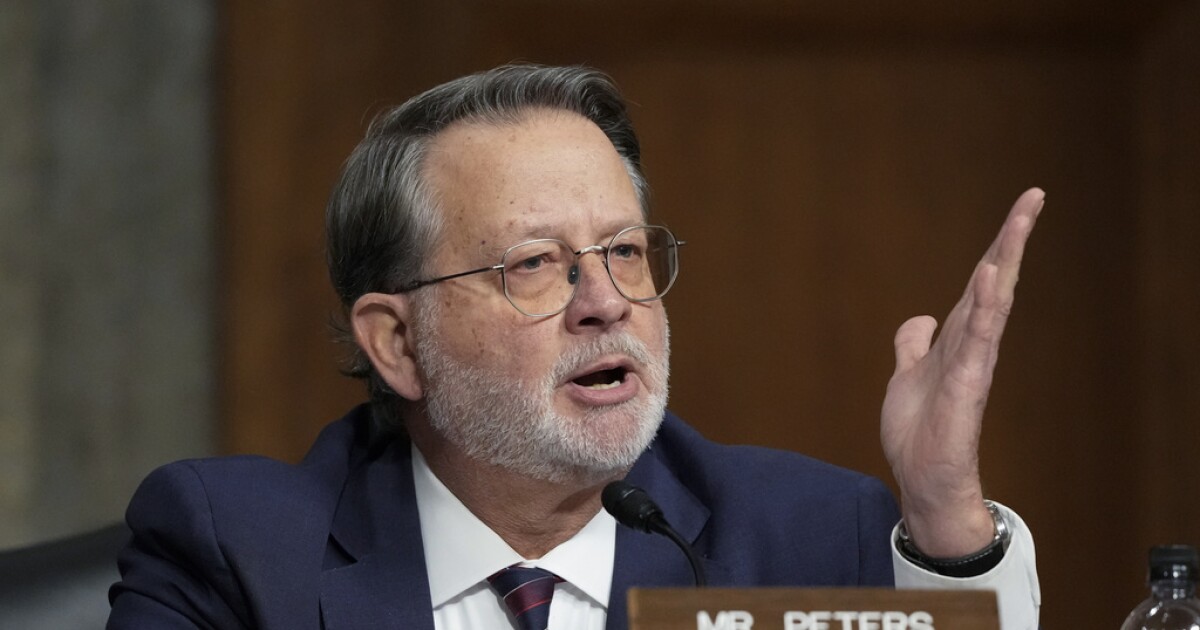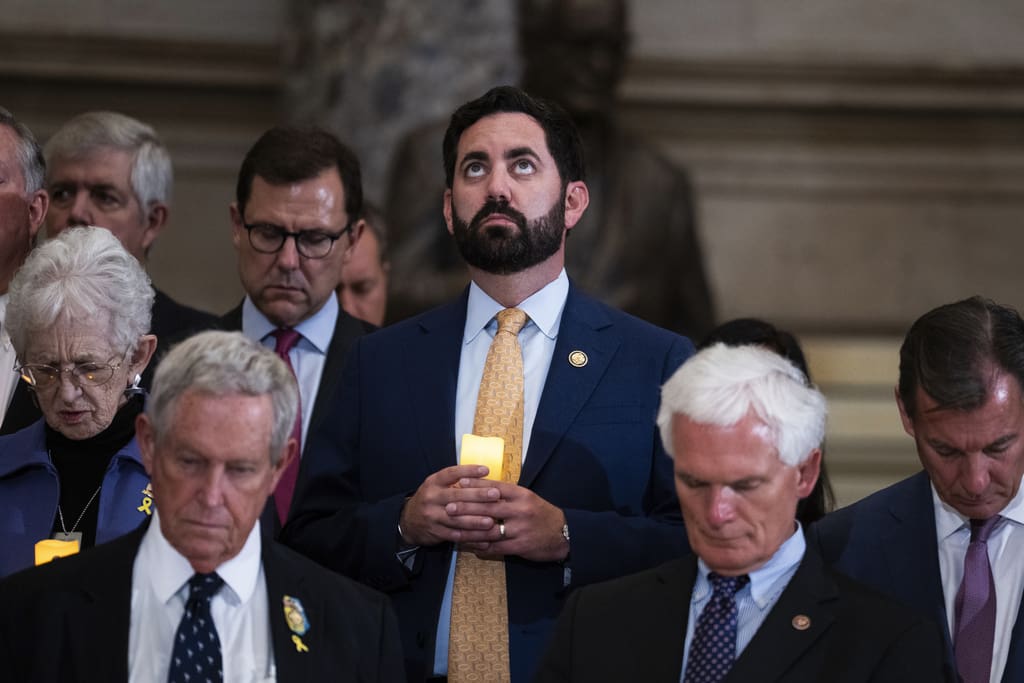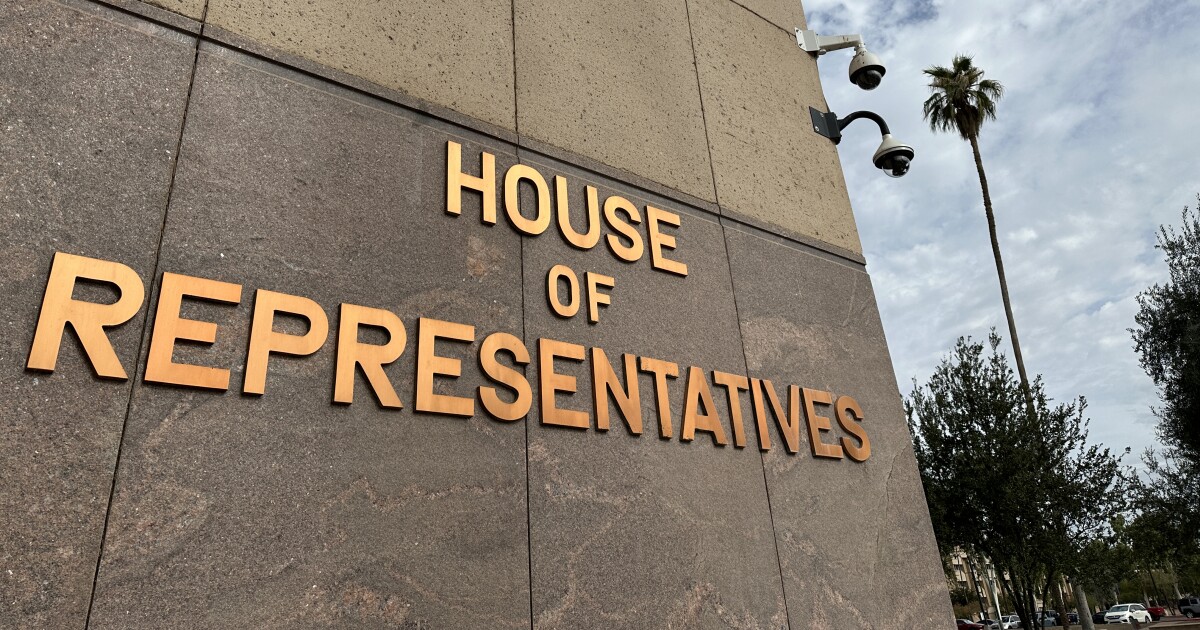Michigan Officials Advocate for Continued Support of Violence Intervention Programs Amid Budget Concerns
Following a recent tragic incident in Grand Blanc Township, Michigan officials are emphasizing the importance of sustaining state-funded community violence intervention efforts. These initiatives aim to break the cycle of gun violence by working directly with affected individuals.
Detroit, a city benefiting from such programs, reported significant reductions in gun-related violence ranging from 37% to 83% in 2024, marking its lowest homicide rate in decades. For more details, visit here and here.
Norman Clement, leading the Detroit Change Initiative, expressed concerns over potential budget cuts coinciding with an approaching deadline that threatens a partial government shutdown. He stressed, “The tragedy of yesterday shows that public safety is desperately needed,” referring to the Grand Blanc shooting.
Bishop Bonnie Perry, from End Gun Violence Michigan, highlighted the issue of firearm accessibility leading to such “wretched, completely avoidable tragedy.”
Quincy Smith of Team Pursuit noted that urban areas like Detroit, especially underserved communities of color, face disproportionately high gun homicide rates. He advocates for a community-centric approach, mentioning that law enforcement alone is insufficient. “Once people are talking, we try to address the root cause of violence, the unmet need that’s driving this behavior,” Smith said.
Negus Vu, who heads The People’s Action, reported a 49% drop in gun crime in their service area since 2023 through rapid-response victim services. “We stop the cycle of pain and trauma by helping people,” Vu explained. Their services include mental health support and relocation assistance.
Smith emphasized the financial prudence of these programs, citing the National Institute for Criminal Justice Research’s findings that the financial impact of a single gun homicide can exceed $1.2 million.
Leaders are puzzled by the potential funding cuts and express concern over the neglect of at-risk communities. Ryan Bates from End Gun Violence Michigan highlighted that, if stricter gun laws aren’t pursued, supporting CVI programs is a practical alternative. He warned of the ramifications of cuts to Medicaid, a key funder of mental health services, which could hinder access to necessary help.
Bates stated, “There’s 1,300 people in the state who are killed by a gun every year, and we have become numb to that everyday terror.” Vu echoed this sentiment, emphasizing the importance of intervention in breaking the cycle of trauma and creating a hopeful future for communities. “But if we lose this funding, it can all fall apart. So people will die, and a cycle of violence will continue again.”
As the deadline approaches, state lawmakers face pressure to finalize the budget and prevent a government shutdown.
—
Read More Michigan News










